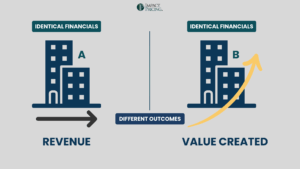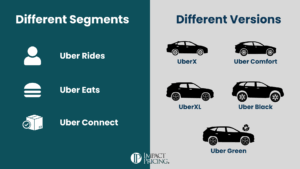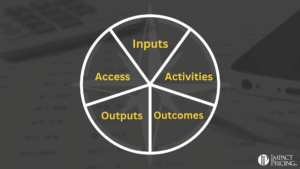Here is a question from a reader/listener.
Hi Mark,
Here is a topic that is making me wonder — which I am sure you have a definite position. Software Subscription Pricing: Free Trial vs. Freemium. would it be fair to say that, in a B2B world, the winner here is, in general, Free Trial, but in B2C it is Freemium? Rationale: In B2B, users will benefit from experiencing the entire set of functionalities to test the value of the entire product to address a business challenge — before deciding if investing in the subscription is worth the investment. On the other hand, in B2C, customers/users benefit from experiencing limited functionality before deciding if subscription to paid (higher level of functionality) is justified and desired.
Thanks, J
Hi J,
Thanks for asking such a hard question. You caused me to think pretty deeply on this one. It’s probably easier to look at a situation and decide which is best, but here are several criteria I would use when making this decision.
Freemium –
Possibly the single biggest driving factor for choosing freemium is network effects. This is when your customers get more value from your product the more customers you acquire. All social media sites thrive on network effects. The key is building the network as large as possible as fast as possible. Free brings in users quickly and keeps them.
There are other advantages to having a large free customer base. These are people who make up the pond you can fish in for paying customers. After all, they already know and like your product. You may also be able to monetize them in other ways, like advertising.
Almost as important as building a huge user base are your costs to serve a customer. You must have very low costs to serve to use freemium. After all, you are trying to build a huge network of free users.
Another requirement for freemium to make sense is your product must be upgrade-able. You need a free product that builds a large user base, but you must have an upsell product that some of those customers will choose to buy.
Free Trial –
If the real value of your product is only realized after conquering the complexity of learning all your capabilities, then free trial makes sense. You need to make most of the features available, which you need to charge for.
For a product with a huge learning curve, the buyer is essentially making a commitment before trying. The free trial is just an insurance policy to the buyer. They probably did a lot of research before even committing to learning the product.
J, you brought up B2B vs. B2C. In general, I agree with your thinking, but it’s more because of the types of products in each category have the characteristics described above. However, there are examples where B2B uses freemium and B2C uses free trial.
Slack is a great example of a B2B product that uses freemium. So is LinkedIn. Both of these rely on network effects, have low costs to serve, and valuable features you can only get when upgrading. These are also part of a popular type of product category that use “Product-Led Growth”. Most product-led growth products offer freemium.
Photoshop is an example of a B2C product that uses a free-trial. Photoshop is complex to learn so it takes commitment. They won’t win many buyers who just want to dabble. The real power of photoshop is in all of its capabilities.
As with most pricing and packaging decisions, put yourself in the minds of the users and buyers and determine what will work best for them. In this case though, you also have to consider the characteristics of your products and your costs. Although your B2B vs B2C characterization is correct most of the time, I recommend focusing on the unique characteristics of each situation.















